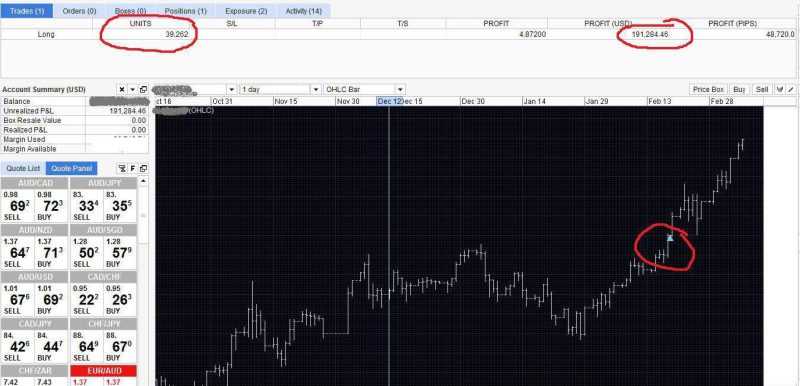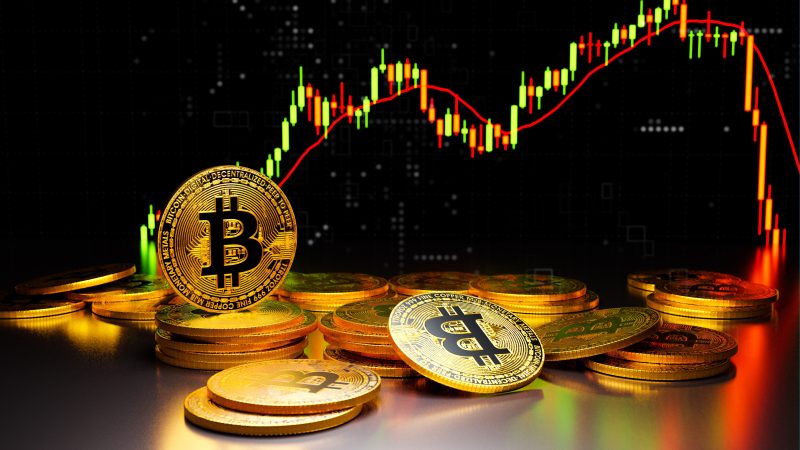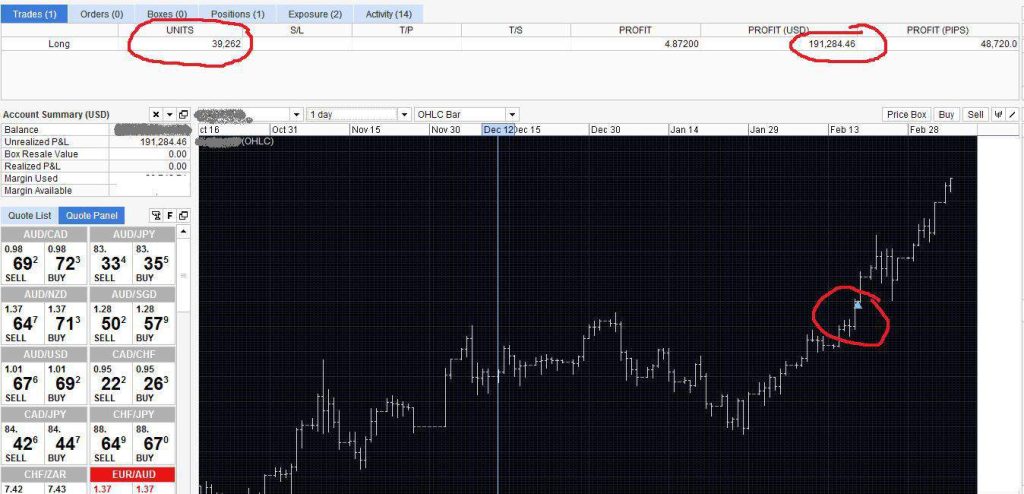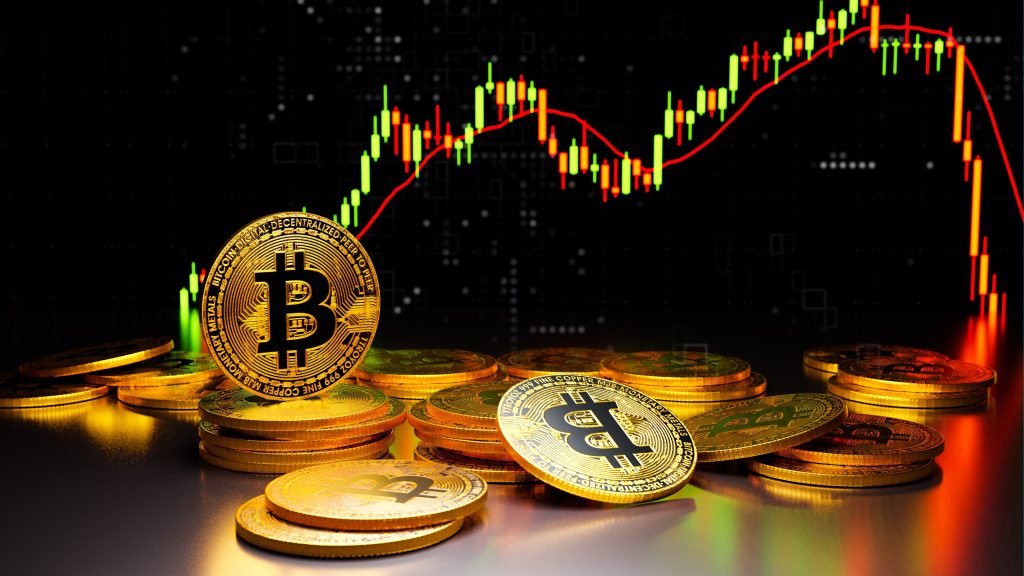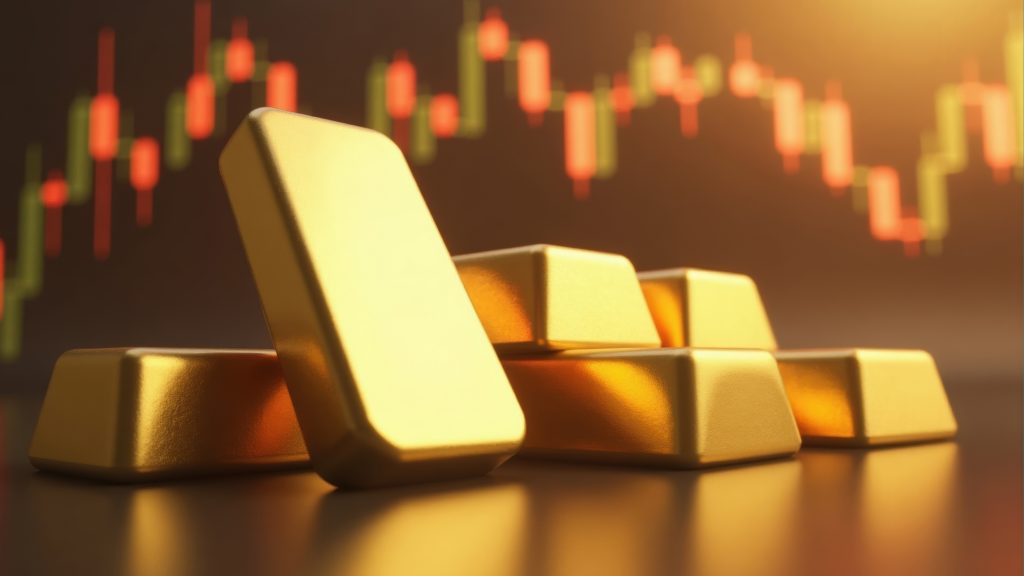In today's financial markets, knowing the difference between forex futures vs. spot trading is vital for traders aiming to capitalize on currency fluctuations. Forex futures involve binding contracts to exchange a specific amount of currency at a predetermined price on a future date, offering predictability and risk management for participants. Conversely, spot trading entails immediate currency exchange at current market prices, providing flexibility and the opportunity for traders to respond swiftly to market news and events.
Understanding these differences is essential for traders to develop effective trading strategies tailored to their risk tolerance and financial goals. While forex futures provide a structured approach suitable for hedging against future currency risk, spot trading allows for maximum market adaptability, making it ideal for those seeking to take advantage of short-term price movements in the forex market. Both trading forms offer distinct advantages and challenges, making education and strategic planning paramount for successful trading outcomes.
What are Forex and Futures Markets
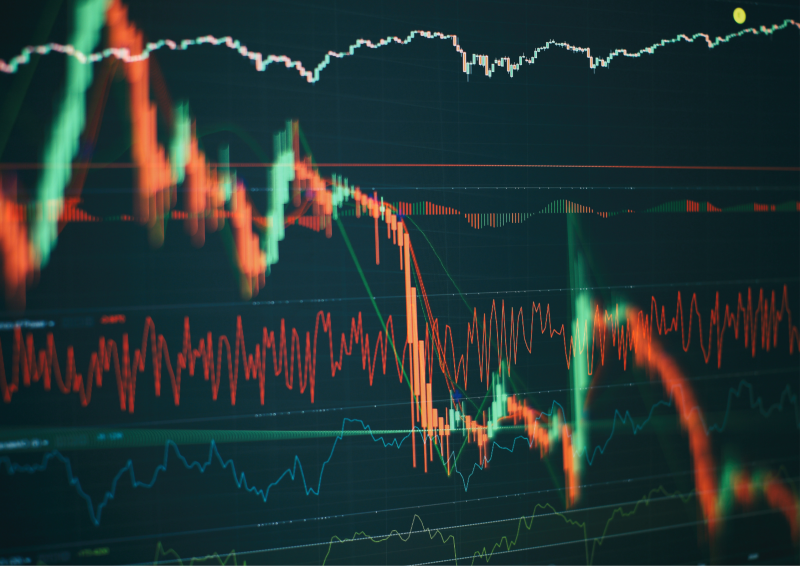
The Basics of Forex and Futures Trading
Forex trading operates on a global scale where traders exchange one currency for another at prevailing market rates, reflecting real-time economic and geopolitical events. This dynamic market enables retail traders and institutions alike to execute trades directly and at any time, tapping into the vast liquidity and continuous operation of the spot forex market. This immediacy of spot forex trading allows participants to leverage economic news and trends immediately as they occur, providing the potential for significant profits through rapid, short-term trades.
In contrast, futures trading introduces a structured environment where traders enter into futures contracts to buy or sell a specific currency at a predetermined price on a specified future date. These contracts are standardized in terms of quantity, expiration dates, and settlement rules, and are traded on regulated futures markets like the Chicago Mercantile Exchange. CME forex futures offer traders predictability and the ability to hedge against future price fluctuations, which can be especially advantageous for businesses looking to manage currency risk associated with overseas transactions.
Also Read: What is a Crack Spread in Futures Trading?
Key Differences in Market Structure
The centralized structure of futures markets plays a pivotal role in enhancing the transparency and security of trading activities. Unlike the decentralized spot forex market, where transactions occur directly between parties without a central oversight, futures markets operate through established exchanges like the Chicago Mercantile Exchange. This setup ensures that all trading activities are monitored and recorded, providing a reliable audit trail that promotes fairness and reduces the risk of manipulation. Moreover, the centralized nature facilitates stringent regulatory oversight, which further safeguards trader interests and maintains market integrity.
Currency futures trading benefits significantly from the centralized exchange's ability to aggregate trading data, offering traders comprehensive visibility into market conditions and trends. This visibility includes real-time access to trading volume and price fluctuations, and critical metrics for effective market analysis. Such detailed information empowers traders to make more informed decisions, strategize effectively, and identify potential market movements. Moreover, standardized reporting and data dissemination in futures markets aid in achieving a more stable and predictable trading environment, appealing to both novice and experienced traders aiming for strategic trading advantages.
Trading Forex vs. Trading Futures
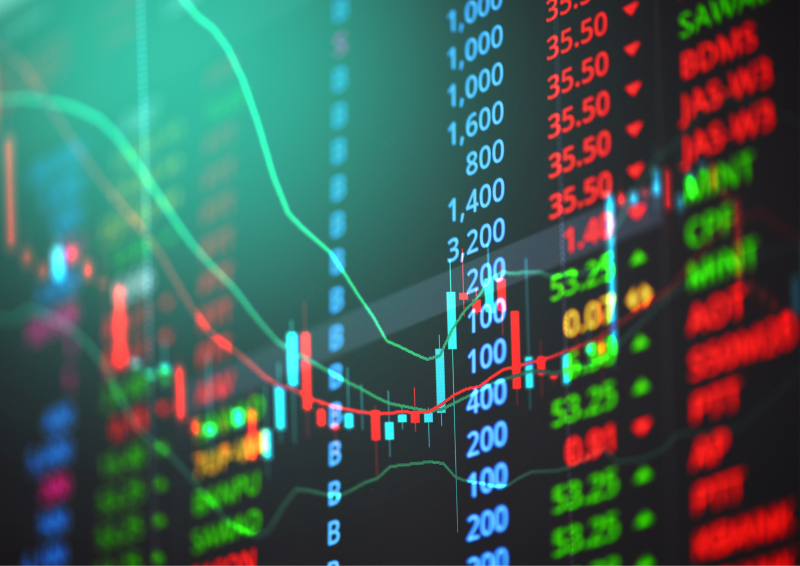
Spot Trading: Accessibility and Flexibility
Spot trading in the forex market is characterized by its high-speed transaction capability, where trades are executed almost instantly at the current market prices. This aspect of spot forex provides exceptional liquidity, making it possible for traders to enter and exit positions quickly, an essential feature for strategies that capitalize on rapid, short-term market movements. The inherent price volatility of the forex market can also generate significant trading opportunities. Traders can leverage these swift price changes to potentially achieve gains from small movements in currency exchange rates, benefiting particularly those with the ability to make quick decisions and manage the associated risks effectively.
Forex brokers play a crucial role in this dynamic market by providing traders with direct access to the global forex markets, facilitating the execution of spot trades without intermediation by a futures broker. This direct access not only simplifies the trading process but also reduces transaction costs, allowing for smaller spreads and higher potential profits. Moreover, forex brokers offer various trading platforms that come equipped with advanced tools and features such as real-time charts, news feeds, and technical indicators, all designed to enhance trading efficiency. These tools help traders to analyze the market effectively and to execute trades based on informed strategies, thus optimizing their chances for success in the volatile forex market.
Forex Futures: Precision and Stability
Trading forex futures offers a structured approach to the currency markets, involving contracts that specify the buying or selling of a currency pair at a future date and a predetermined price. This method is particularly advantageous for businesses and investors who need to manage currency risk associated with their international transactions. By locking in an exchange rate today for a transaction that will occur in the future, these participants can avoid the uncertainty and potential financial impact of adverse currency movements. Furthermore, forex futures allow for better budgeting and financial planning due to their predictable costs, providing a significant strategic advantage in financial management.
Speculators also gravitate towards forex futures as these instruments allow them to bet on future movements in exchange rates without the need to physically hold the currencies. The standardized nature of these contracts, including their sizes and settlement procedures, makes them easier to trade and incorporate into a broader investment strategy. This predictability, combined with the leverage available in futures trading, enables traders to potentially achieve substantial returns on investment while clearly defining and managing their risk exposure. Moreover, the availability of futures across a range of currency pairs provides opportunities to diversify trading strategies across different markets and geopolitical scenarios, enhancing the potential for profit in varying market conditions.
Strategic Approaches to Forex and Futures Trading
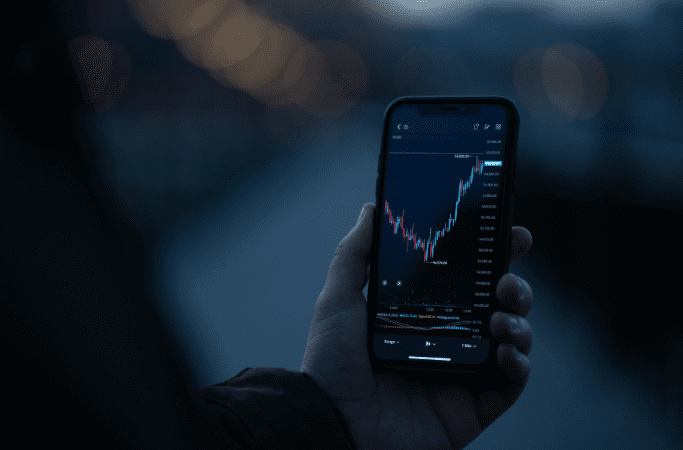
Risk Management Techniques
Both trading forms require effective risk management strategies. In futures, the counterparty risk is lower due to the involvement of an exchange, unlike in spot forex where the risk is managed through forex options and stop-loss orders.
Analysis and Forecasting
Market conditions play a significant role in both trading types. However, forex futures traders often benefit from advanced trading platforms and electronic order matching systems that provide more data for comprehensive analysis.
Choosing Between Forex Futures and Spot Forex

Considerations for Retail Traders
Retail traders should consider their trading capital, risk tolerance, and trading style when choosing between spot forex and forex futures. Those with limited capital might find spot forex more accessible, while those with larger capital may leverage the structured environment of futures.
Institutional Perspectives on Currency Futures
Currency futures are favored by institutions for hedging currency risk related to future transactions or as part of a broader trading strategy involving other financial instruments.
Conclusion
Deciding between forex futures vs. spot trading depends on numerous factors including risk tolerance, market analysis, and available trading capital. Both markets provide significant opportunities, but understanding the distinct characteristics and risks associated with each will lead to better-informed trading decisions.
By integrating careful strategy and sound risk management, traders can navigate both the spot and futures markets effectively, leveraging their strengths to maximize returns and minimize risks. Whether you are a beginner in trading or an experienced trader looking to expand your portfolio, recognizing your needs and aligning them with the right forex trading format is essential for long-term success.
Also Read: What is Natural Gas Investing?
FAQs
What are the main differences between forex futures and spot forex trading?
The primary difference between forex futures and spot forex trading lies in the timing and nature of the currency exchange. Forex futures involve a contract to exchange a specific amount of one currency for another at a predetermined price on a future date, providing predictability and the ability to hedge against future currency fluctuations. In contrast, spot forex trading involves the immediate exchange of currencies at current market prices, offering greater flexibility and the ability to capitalize on real-time economic events and price movements.
How do forex futures help in hedging currency risk?
Forex futures are instrumental in hedging because they allow businesses and investors to lock in an exchange rate for a transaction that will occur at a later date. This locking-in process mitigates the risk of adverse movements in exchange rates between the time the contract is made and the actual exchange of currency in the future. As a result, parties can manage their budget and financial exposure more effectively, reducing uncertainty and protecting against potential losses due to fluctuations in the forex market.
Can retail traders participate in forex futures trading, and what should they consider before starting?
Yes, retail traders can participate in forex futures trading, but there are several factors they should consider before starting. Firstly, they should understand the leverage involved in futures trading, which can amplify both gains and losses. Secondly, knowledge of the market and access to market analysis tools are crucial for making informed decisions. Lastly, retail traders should assess their risk tolerance and ensure they have adequate trading capital to cover potential margin requirements and losses. Engaging with a reputable futures broker and possibly starting with a demo account can also be beneficial for gaining experience without risking actual capital.











